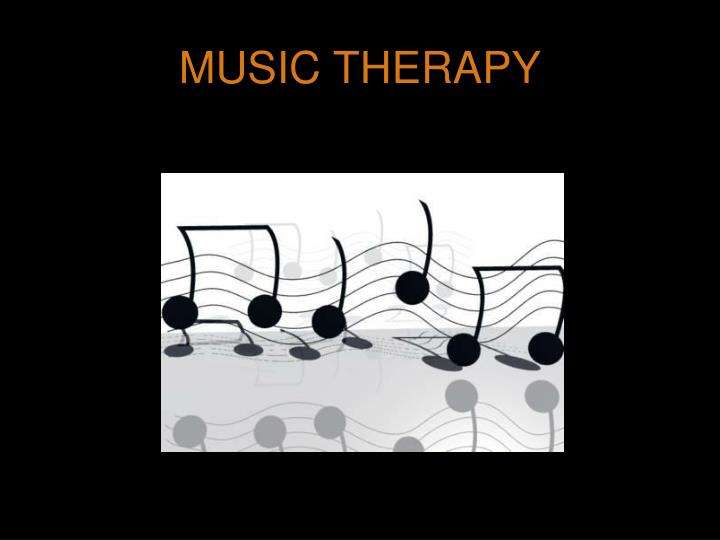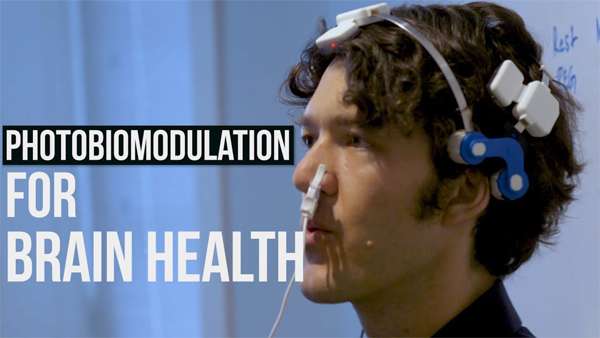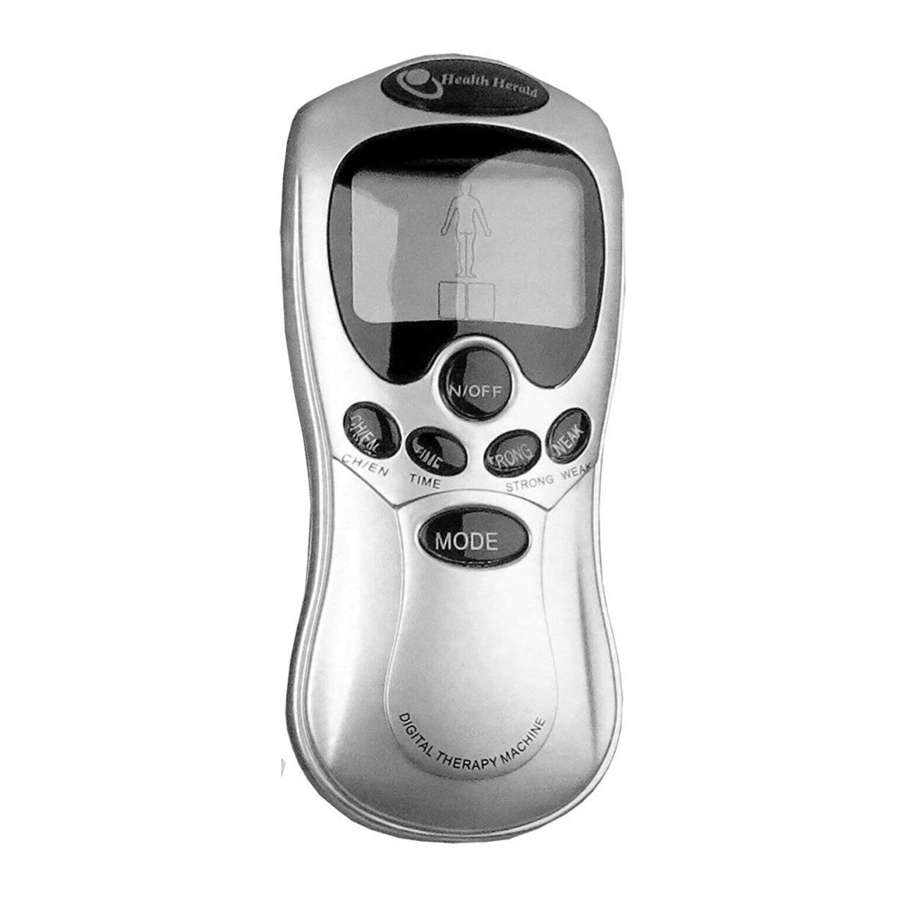-
INTRODUCTION • Music is the one of the most important forms of experience in the world around us, and it is just as old as the world. • Music is a part of our everyday life, it is also our companion in the nature: singing of birds, rustle of the wind, crashing of the waves on the rocks… • It helps to create a relaxing mood in our society ( in stores, waiting rooms, …)
-
Specially selected music enables individual aims (happiness at weddings, the sadness at funerals, great triumph at the olympics…)
-
WHAT IS MUSICAL THERAPY? • It is a therapy with music and musical elements under expert music therapists. With the therapy we support, preserve or resume our emotional and spiritual health.
-
It is an interesting and attractive method where art and science meet and reach hands to each other. Music therapy has a long history. Research shows that the Egyptians were treating their patients with music therapy already 4 thousand years ago.
-
It is founded on the fact that music effects human physical and emotional feelings. • Because of its popularity, effectiveness and accessibility it is becoming a more and more important way of treating and restoring, interior peace, harmony, and human balance. • It is suitable as an independent method of calming down, relaxing, discharging and staying healthy.
-
MUSIC THERAPY IN PSYCHIATRY • We are using music therapy in two forms: • passive • active • Both can be collective or individual and they arise from the belief that specially chosen music can cause positive changes in a patient. With music we therapeutically influence emotional activity. We regulate physical and psychological tension and increase awareness.
-
ORFF’S INSTRUMENTS • The basic elements for active music therapy are the Orff’s instruments: • Orff’s instruments are different rhytmical and melodic instruments and everybody can play on them with no problems or prior knowledge. • Orff’s instruments : a drum made of wood, drum made of animal skin, symbols, glockenspiel, triangle, xylophone, castanets…
-
Instruments with membrane xylophone bells
-
Element music is connected with the move, dance and speech. It is a music where everybody must play and be included as active producers and performers. It is earthly, natural, bodily and accessible music.
-
HOW DOES THE MUSIC THERAPY WORK? • The voice and body are connected. The body is an instrument and the voice is the sound that comes from the body. • If we want that the voice is harmonical it is necessary that we relax our body. The body is often hard and stiff as a result of stress that our everday life brings. • Stress and tension are visible in our voice and body.
-
SENSE AND EFFECT • We produce non-verbal communication and creativity. • We use it in therapy in order to make the communication easier, to study and express emotions.
-
We eliminate stress and tension from our mind, we are more concentrated, we improve memory, reduce tiredness and have a better sleep.
-
PENTAGONAL • It i s a 5 note scale without half-notes. It is one of the oldest forms of this scale, that the Greeks and theChinese were using in the past. We find it in different forms and almost all over the world.
-
The Chinese were connecting individual scale notes with the seasons, weather conditions and also with space or with the planets.
MUSIC THERAPY. INTRODUCTION. Music is the one of the most important forms of experience in the world around us, and it is just as old as the world.
From Therapy with Music To Music Therapy – . a brief historical review. music therapy. music and music experiences as
Music Therapy – Music acupuncture offers music therapy with the help of our huge collection of music. this music will
Music Therapy – . an overview. what is music therapy?. music therapy is the clinical and evidence-based use of music
Music Therapy – . three main questions. how does music therapy help people to relax? who can benefit from music therapy?
MUSIC THERAPY – Life is a like a rainbow, it is a mix of colors and emotions. there are times when we feel blue and
Music Therapy – . by sarah carr and deanna flook. ice breaker. close your eyes listen to the music and write down how you
Music Therapy – . grooves to help your moods. by: jessica thorpe health promotion major enjoy listening to music of all
Music Therapy – . created by: marshaw bigman. what is music therapy. a treatment method that involves using music to
Presentation on theme: “An Introduction to Music Therapy”— Presentation transcript:
1 An Introduction to Music Therapy
Presented by: Jaycie Voorhees, MM, MT-BC Director, Harmony Music Therapy 
2 Questions for an MT? What questions initially come to mind when you hear the term “music therapy”? If you were a professional or an administrator and a music therapist approached you about starting a program, what would be your questions? 
3 
4 What is Music Therapy? According to AMTA… “Music Therapy is an established healthcare profession that uses music to address physical, emotional, cognitive, and social needs of individuals of all ages. Music therapy improves the quality of life for people who are well and meets the needs of children and adults with disabilities and illnesses.” According to me: “Simply put, music therapy helps strengthen relationships, lengthen attention span, express difficult emotions, and even improve communication, speech, and language. We do it all with music, with an emphasis on creating as opposed to simply listening.” 
5 Music Therapy as a Creative Arts Therapy
Professional Certification: MT-BC (Board Certified Music Therapist) Requirements to become an MT-BC Bachelor’s Degree in Music Therapy 6 month 1,040 hour internship Pass National Exam Maintain 100 Continuing Ed credits every 5 years Master’s and Doctorate programs also available, but not required to practice as an MT-BC 
6 Professional Music Therapy Organizations
American Music Therapy Association (AMTA) Responsible for advancement, education, training, professional standards, credentials, and research in support of the music therapy profession Certification Board for Music Therapists (CBMT) Responsible for certification and credentialing of Music Therapists Can look up any MT-BC on this site to verify credentials Utah Association of Music Therapy Provides support, resources, conferences, and continuing education opportunities for music therapists in the state of Utah 
7 Collaboration with Music Therapy
“Music Therapy is not a single, isolated discipline with clearly defined and unchanging boundaries. Rather it is a dynamic combination of many disciplines around two main subject areas: music and therapy. This figure is a representation of how music-related disciplines merge with therapy-related disciplines to form the hybrid called music therapy. Music often overlaps with the other arts, and therapy often overlaps with other human professions, thereby creating many fuzzy areas.” –Ken Bruscia, Defining Music Therapy, 2nd Edition, p. 6-7 
8 Scope of Practice When to use Music:
In a supportive role to help clients talk more about their lives i.e. client brings in a song, then you talk about that song How NOT to use music In a Facilitator or Therapeutic role To guide or shift a client’s mood–may cause more harm than good without proper training If music is the driving force of the therapy, it becomes a gray area and may stray from your scope of practice. 
9 
10 Music Map Make a “map” of various emotions and the songs or genres of music you are drawn to when experiencing those emotions. (This is your “attendance activity” for the day) Excited Happy Calm Sad Lonely Angry Confused etc. 
11 Goals in Music Therapy Music therapy interventions can be designed to:
· Promote wellness · Manage stress · Alleviate pain · Express feelings · Enhance memory · Improve communication · Promote physical rehabilitation 
12 Where do Music Therapists work?
· Treatment Facilities · Hospitals · Patient Homes · Schools · Private Practice 
13 Paradigms in Music Therapy
· Improvisational Music Therapy · Neurologic Music Therapy (NMT) · Bonny Method of Guided Imagery in Music · Orff-Schulwerk · Psychodynamic · Humanistic · Person-Centered 
14 Populations Served · Behavioral & Emotional Disorders
· Special Needs (i.e. Autism, Down Syndrome, Developmental Delay, etc.) · Neurologic Disorders (including stroke) · Medical/Surgical (including NICU) · Elderly & Alzheimer’s · Hospice 
15 
16 Music Therapy with Special Needs
Goals · Communication · Social Skills · Fine & Gross Motor · Emotional Regulation · Cognitive Development · Sensory Integration Case Examples · Speech Development with child with William’s Syndrome · Emotional expression with nonverbal teen with Autism · Address memorization for teen with seizure disorder 
17 Music Therapy with Older Adults
Goals · Memory & Reminiscence · Socialization · Motor coordination · Emotional support · Disruptive Behaviors · Agitation Case Example · Musical reminiscence with 92 year old man on Hospice 
18 
19 Music Therapy in Neurologic Rehabilitation
Goals · Speech & Language · Sensorimotor Development · Cognitive Development Case Example · Speech Rehabilitation (Senator Gabby Giffords) · Gait Training (Rhythmic Auditory Stimulation) 
20 
21 Music Therapy in Hospice & Palliative Care
Goal areas · Physical Issues · Pain management · Spiritual needs · Psychosocial Issues · Bereavement needs · Emotional needs (anxiety, isolation, family cohesion, autonomy & control) Case Examples · Hospice Patient · Charlee’s song 
22 Music Therapy in Mental Health
Goals · Improved coping skills · Decreased anxiety/agitation · Decreased depression · Increased motivation · Improved emotional state · Reduced Muscle Tension Case Example · “I Won’t Give Up” lyric analysis with adults with Depression & suicidal ideation · Reality orientation with High Acuity patients 
23 Experiential Music Therapy Group on Support Systems
Instrument Improvisation Music for group support Peer support Discussion 
24 Lyric Analysis: “I Won’t Give Up” Jason Mraz
When I look into your eyes It’s like watching the night sky Or a beautiful sunrise There’s so much they hold And just like them old stars I see that you’ve come so far To be right where you are How old is your soul? I won’t give up on us Even if the skies get rough I’m giving you all my love I’m still looking up And when you’re needing your space To do some navigating I’ll be here patiently waiting To see what you find Cause even the stars they burn Some even fall to the earth We’ve got a lot to learn God knows we’re worth it I don’t wanna be someone who walks away so easily I’m here to stay and make the difference that I can make Our differences they do a lot to teach us how to use the tools and gifts We got yeah we got a lot at stake And in the end you’re still my friend at least we did intend For us to work we didn’t break, we didn’t burn We had to learn, how to bend without the world caving in I had to learn what I got, and what I’m not, and who I am I won’t give up on us Even if the skies get rough I’m giving you all my love I’m still looking up God knows I’m tough, he knows We got a lot to learn 
25 Questions? Please feel free to contact me directly
Jaycie Voorhees, MM, SCMT, MT-BC Director, Harmony Music Therapy 



